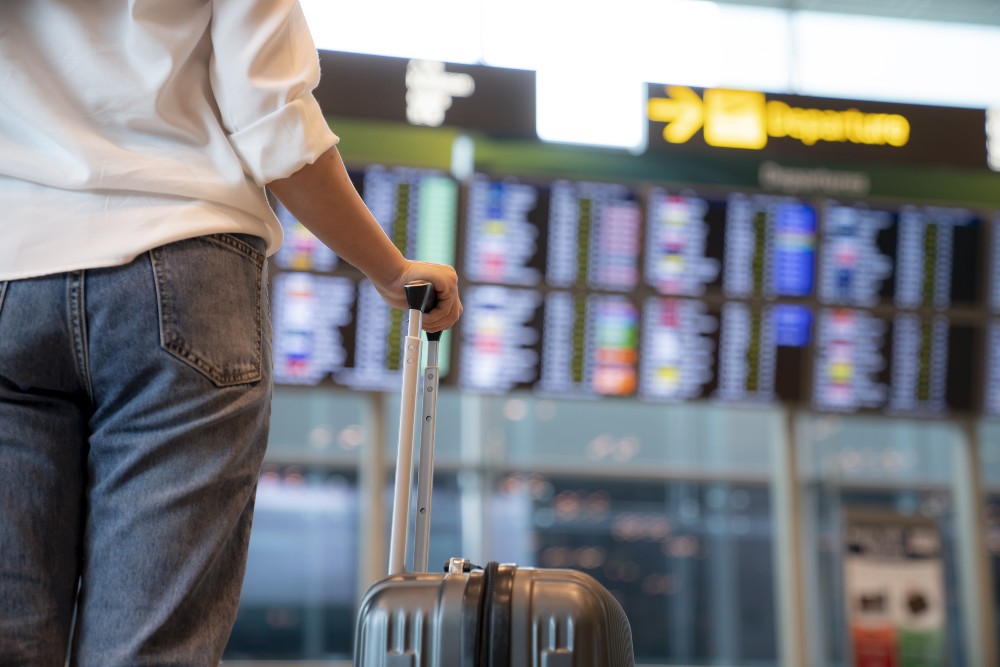
Covid-19 and the impact on taxation of individuals and permanent establishments in Nigeria
Covid-19 and the impact on taxation of individuals and permanent establishments in Nigeria
The COVID-19 pandemic has resulted in unprecedented disruptions across multiple countries and economies in the world. In addition to adversely affecting the world economy, the restrictions placed on travel could have personal income tax implications for individuals and permanent establishment risks for businesses.
This article provides an insight into the tax considerations in respect of the current crises with focus on the Nigerian personal income tax regime and the possible creation of permanent establishment risk.
Taxation of Foreign Individuals in Nigeria
The taxability of income from employment in Nigeria rests on the provision of Section 10 of the Personal Income Tax Act (PITA). This section allows income from foreign individuals to be exempt from tax in Nigeria when the following conditions are jointly met:
- the duties are performed on behalf of an employer who is in a country other than Nigeria and the remuneration of the employee is not borne by a fixed base of the employer in Nigeria;
- the employee is not in Nigeria for a period or periods amounting to an aggregate of 183 days or more in any 12-month period commencing in a calendar year and ending either within that same year or the following year; and
- the remuneration of the employee is liable to tax in that other country under the provisions of the avoidance of double taxation treaty with that other country.
An individual can attain the residency status by staying more than 183 days in Nigeria because of the travel restrictions caused by the pandemic. This is an unprecedented event that is beyond the control of this employee as it is a force majeure. Likewise, a Nigerian employee may be forced to stay in another jurisdiction and unable to perform his activity in his home country due to travel restrictions.
The income derived by these individuals from such activities would be deemed to be derived from and taxable in Nigeria, if the home employer stays or has a fixed base in Nigeria, irrespective of the employee’s current location and duration of stay. The residence status and the taxability of such category of people will be reviewed based on either the local legislations or existing Double Tax Treaty rules.
The Organisation for Economic Co-operation and Development (OECD) in its publication “Analysis of Tax Treaties and the Impact of the COVID-19 Crisis” recommends the tie-breaker rules to determine the tax residence of individuals; the home country or the country where he is stranded. This is applicable where the rules in the home and host country of the individual grant the taxing right to both jurisdictions. Where there is no double tax treaty, there might be a case of double taxation. The taxpayer however bears the burden of proof to show that the pandemic forced the stay in that particular jurisdiction longer than expected. This calls for a need to keep necessary documentary evidence to back up the claims.
Permanent Establishment Considerations
The COVID-19 pandemic has forced many workers to perform their work obligations in countries other than their country of employment. This has created potential permanent establishment (PE) risks according to the laws of many jurisdictions. In Nigeria a PE can be created if any of these situations apply:
- Availability of a fixed base of business in Nigeria;
- Existence of dependent agency arrangement;
- Execution of a turnkey project;
- Artificial arrangements between related parties;
- Provision of digital, technical, management, consultancy or professional services.
Generally, under the OECD Model Double Taxation Convention, PE is defined as “a fixed place of business through which the business of an enterprise is wholly or partly carried on”. A PE is required to have a certain degree of permanence and should be at the disposal of an entity for that place to be considered a fixed place.
Hence, for a home or hotel office to be identified as a PE, it must be used on a continuous and not a temporary basis. According to the commentary on the OECD Model Tax Convention, the temporary official duties carried out in a temporary home do not give the employer control over the home.
Stranded employees who stay to work at home or in a hotel in a foreign jurisdiction do so as a result of the government directives and not the enterprise’s requirements. As a result of the foregoing, the home or hotel office that stranded employees are using is not expected to constitute a PE or fixed base for the company.
Ordinarily, where a company usually operates and conducts business through a dependent agent, such activities are likely to create a PE. However, employees working temporarily from home or the hotel outside their jurisdiction because of government lockdown directives due to the pandemic, will most likely not create a PE for their company.
Conclusion
Tax authorities in various jurisdictions are coming up with guidelines on how to specifically address these abnormalities posed by the pandemic. While we anticipate that the Nigerian tax authorities and other jurisdictions who are yet to provide these guidelines will respond in similar fashion, the local legislation and the suggestions of the OECD are a useful reference in the meantime. The OECD publication “Analysis of Tax Treaties and the Impact of the COVID-19 Crisis” which serves as a guideline is considered as a ‘soft law’ because it is not binding but could assist to support argument in-country with the tax authorities.
Businesses should be prepared to deal with several cross-border employee related tax issues in the post COVID-19 period. Substantiating the intentions of the employees affected by the lockdown will be helpful in the event of dispute. This will become more important in the months ahead especially as the spread of the coronavirus may continue to generate revenue losses for government, companies and individuals alike.


































